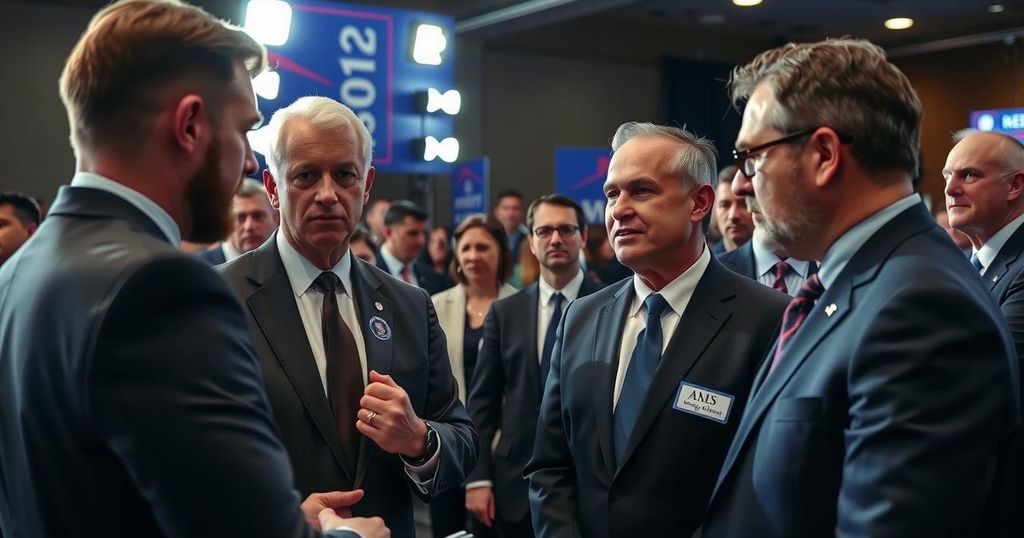Election officials, led by Mark Coakley, are striving to debunk misinformation propagated by Elon Musk on X. Despite their efforts, Musk’s posts reach millions more than official responses, creating a significant imbalance in the fight against disinformation. While some officials attempt to engage Musk, the broader issue reveals the challenges faced by election authorities in maintaining the integrity of democratic processes amidst rampant misinformation.
On a recent Sunday evening in Virginia, Henrico County registrar Mark Coakley found himself engaged with a tweet from Elon Musk, the billionaire owner of X (formerly Twitter) and a prominent proponent of Donald Trump. Musk shared a post asserting that “election integrity leaders in Virginia” had discovered fraudulent votes in Henrico County during the 2020 election, posing the question: “Is this accurate @CommunityNotes?” In response, Coakley endeavored to clarify that the allegations were baseless, leading to a detailed public rebuttal from the Henrico County X account. Despite Coakley’s efforts—drawing fewer than 100,000 views—Musk’s post attracted an astounding 27.7 million views, illustrating the struggle of election officials to combat misinformation in an increasingly digital age. This phenomenon was further exemplified when Musk reposted another misleading assertion regarding voter registration in Philadelphia, which received nearly 10 million views, while the subsequent correction from Philadelphia County Commissioner Seth Bluestein garnered less than 10,000. Even Republican officials, including Stephen Richer of Maricopa County, Arizona, have attempted to engage Musk regarding questionable claims about election integrity. Disinformation researcher Sam Woolley criticized Musk for utilizing his platform to amplify politically motivated misinformation, suggesting that such actions undermine the democratic process. Larry Norden from the Brennan Center for Justice also emphasized the burden placed on election officials who must allocate time and resources to debunk falsehoods, detracting from their essential duties. In an exceptional counter, Michigan Secretary of State Jocelyn Benson effectively addressed Musk’s unfounded claims about voter registration in her state, achieving greater engagement with her response than Musk’s original post, earning 33.5 million views compared to his 32 million. This incident underscores the continuing challenges election officials face in a landscape dominated by social media influencers wielding significant reach.
The issue of misinformation in the realm of electoral politics has gained significant attention, particularly with the rise of social media as a primary source of news and information. Individuals in positions of authority, such as Elon Musk, have utilized platforms like X to disseminate unverified claims about election integrity. In this climate, election officials are often compelled to respond to misinformation swiftly, despite facing limitations in their outreach compared to influential figures. This dynamic poses challenges not only for the integrity of the electoral process but also for the officials whose primary focus is to ensure fair and accurate elections.
In conclusion, the persistent spread of misinformation on X by figures such as Elon Musk highlights a pressing dilemma for election officials. Despite their best efforts to correct false narratives, they struggle to achieve the same level of visibility as the misinformation itself. The implications for democratic processes and election integrity are substantial, necessitating more robust strategies for combating disinformation and engaging the public effectively. The case of Jocelyn Benson illustrates that it is possible to counter misinformation successfully, yet greater systemic changes may be required to empower election officials in this crucial endeavor.
Original Source: abcnews.go.com






